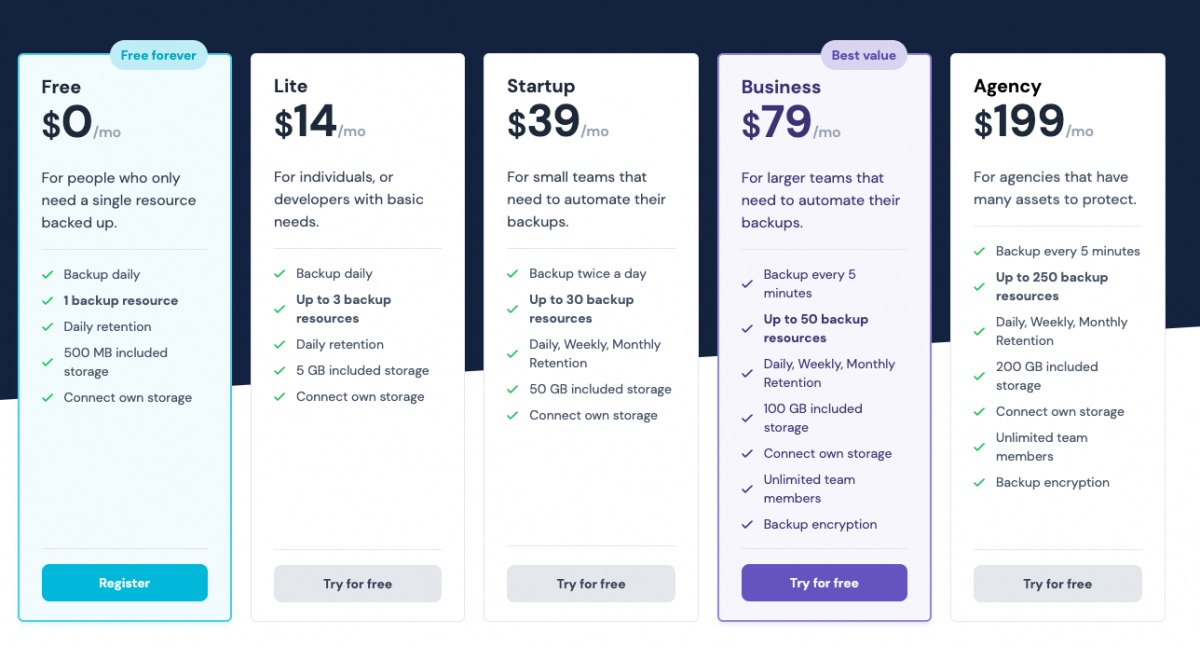I use the title advice loosely; it's your business, you know best, and you should make your own decisions. Don't hold my wishy-washy opinion in high regard!
Pricing your SaaS is a topic that has, in my mind, been beaten to death; it might be because I am no longer early stage (5 years in), but people have asked, so here will be my two cents on the matter.
All the charge more advice has been over-given; surely, most people have heard it now, right?
No? Okay, Charge more! But make sure not too much, and we can get into that.
Quick History Lesson in Charging more
In 2006, @patio11 wrote an article called You Can Probably Stand To Charge More.
It's a good read, and if you're just starting your product/SaaS journey, you should consider it. Patrick tells you to charge a lot more! More than what?
"I don't know how to price my SaaS!" $49/$99/$249 in standard 3 tier pricing grid. 1 month discount for annual pre-pay. There, now ship it.
Patrick McKenzie https://twitter.com/patio11/st...
The mistake I made?
I didn't read any advice when I priced my product, and back in 2017, it showed, starting at the £2 mark with the top plan with unlimited resources and only £49 a month. Stupid bargain for any business owner wanting to back up their data.
Hint: This does not work; you will not get thousands of customers on day one; your excel spreadsheet is a pipe dream. Put down your calculator and get real!
So with my business early and struggling, I somehow got into an email conversation with Josh Pigford in 2017.
Looking at SnapShooter's pricing plans, you've got mostly really low price points...which generally lends itself to customers who aren't all that invested in the product. When you're charging $5 a month (or nothing at all), your customers have very little skin in the game as you likely aren't solving a huge/very valuable problem for them.
Josh Pigford
After a bit more exchange, Josh suggested I just double prices; I did, and things started to improve, with more customers and MRR.
Why did they improve? Low prices indicate the low value and unprofessional products.
Over the coming years, I came to the pricing we have now; if I was to launch a new product (no way it's so much bloody work), I would build a product that lent itself to a $49 starting price.

But a tiny, tiny number of people are moaning? Yes, they will, but they are not businesses you want to deal with (let's be honest, they might not even be businesses). These people are not your customers; let them return to the cheap DIY solutions or, better yet, get some cheap competitors!
Competitors?
In the indie hackers world, I can count maybe one time I have seen a competitor eat up an indie hackers product; they didn't do it by charging less; they came with a super aggressive produce development roadmap and, in fact, charged way more. They, more importantly, came up with a different approach to solve the same problem (second mover advantage)
You mostly see nothing; they fade, and you move on. If you are lucky, they will charge so much less than you. It paints a perfect picture of professionalism.
But I am offering a startup approach to big company x? I have heard that you should charge +-10% of your competitors. I believe Nathan Barry first said this but unsure.
But my product needs to be at feature parity?
You could charge at the bottom end of -10% as your anchored price and look at doing an early access discount.
Lifetime deals?
No idea; never done it, I have, however, bought some, and in some ways, it works well for the founders to get an injection of cash upfront; on the other hand, these customers might cost you in the long run, and if you don't replace it with monthly customers, you're going to be screwed. Ideally, this will not be an issue if you have a good product.
App Sumo?
Again no idea; my gut says hell no! I say no anytime they contact me. When looking at a business I was interested in acquiring, I discovered all the revenue was via App Sumo and nothing organic, which scared me away! They also seem to take a monster cut.
What do I think about your pricing?
When I land on a product website and am unsure what it does, I go to the pricing page. When I want to know a company's stage, I look at its pricing. I look at the pricing page when I want to work out if this is a class solution or untrustworthy worthily. This is not to say I build my who option of a product on this page, but it sure helps.
Let's say you have two airlines, John airways and Smith airways.
John is pricing a city hop fight at $50, and Smith is pricing the same at $400. Which flight will be more comfortable and a nicer experience without knowing anything else? Which company needs 8 times fewer customers to make the same (turnover, I have no idea of aeroplane economics).
They could be the same; heck, they could even be the same company with two brands. Smith could be terrible, but from the outside, it looks like the nicer experience. You want the customers who seek this; they just tend to be better, working with you, not against you.
You need to evaluate what type of business your running, business to business, business to consumer, or some mix like business to prosumer. For example, the product I write my blog on blogstatic.io is $19 per year; I think Val could get away with charging more; you need a lot of customers to build a sizeable business at $1.58 ARPU. I would much rather start a business at $49 ARPU, but that's me.
Bonus tips
Don't call it a beta; just name it Early access.
Offer discounts on time limits for early customers.
Refund people if they ask, don’t fight unless it's a payment dispute, then go nuts defending.
Card up front? No idea really depends on the product. You may skip this part if you have no risk of people abusing things. Well worth an experiment!
Wait lists are good, just keep them warm!


